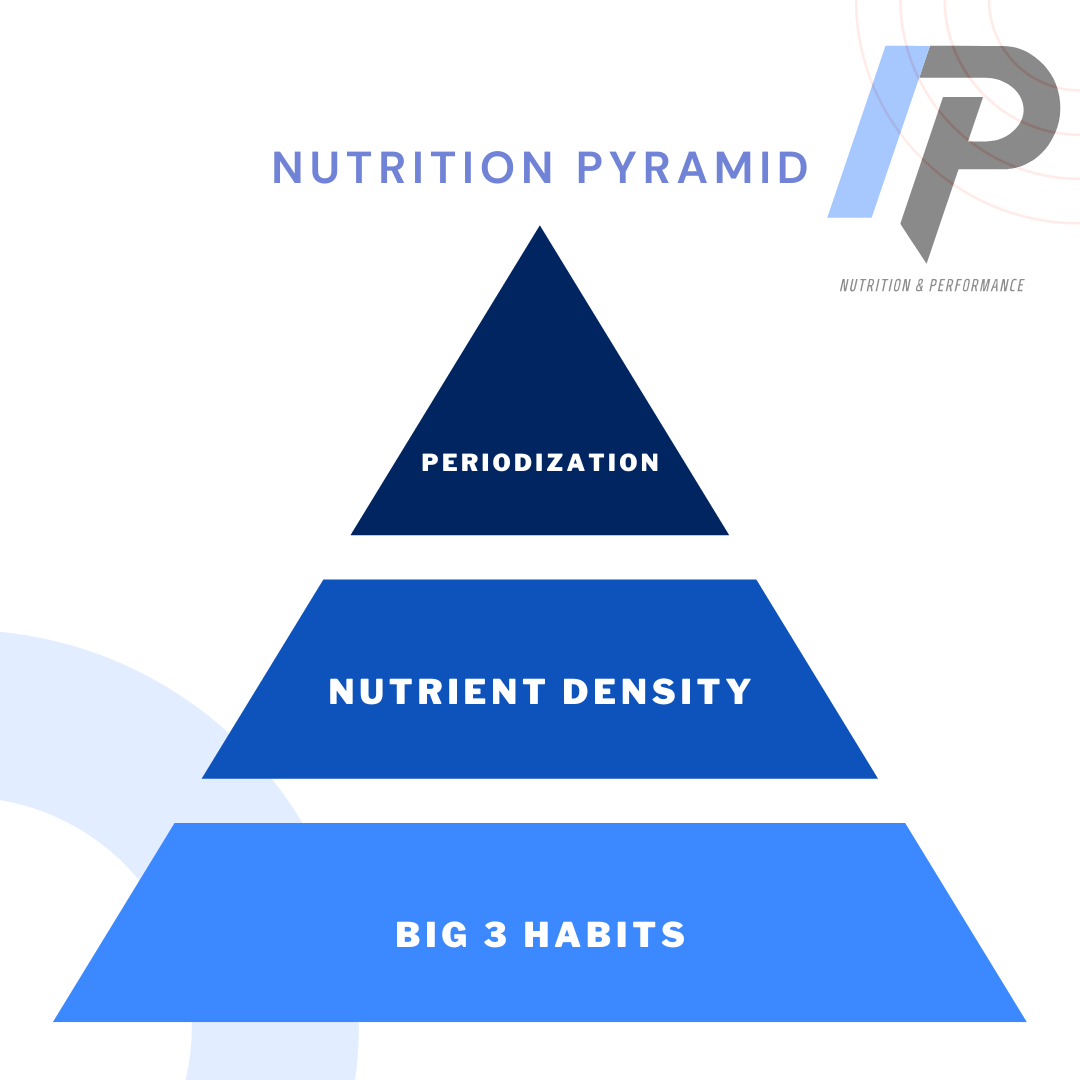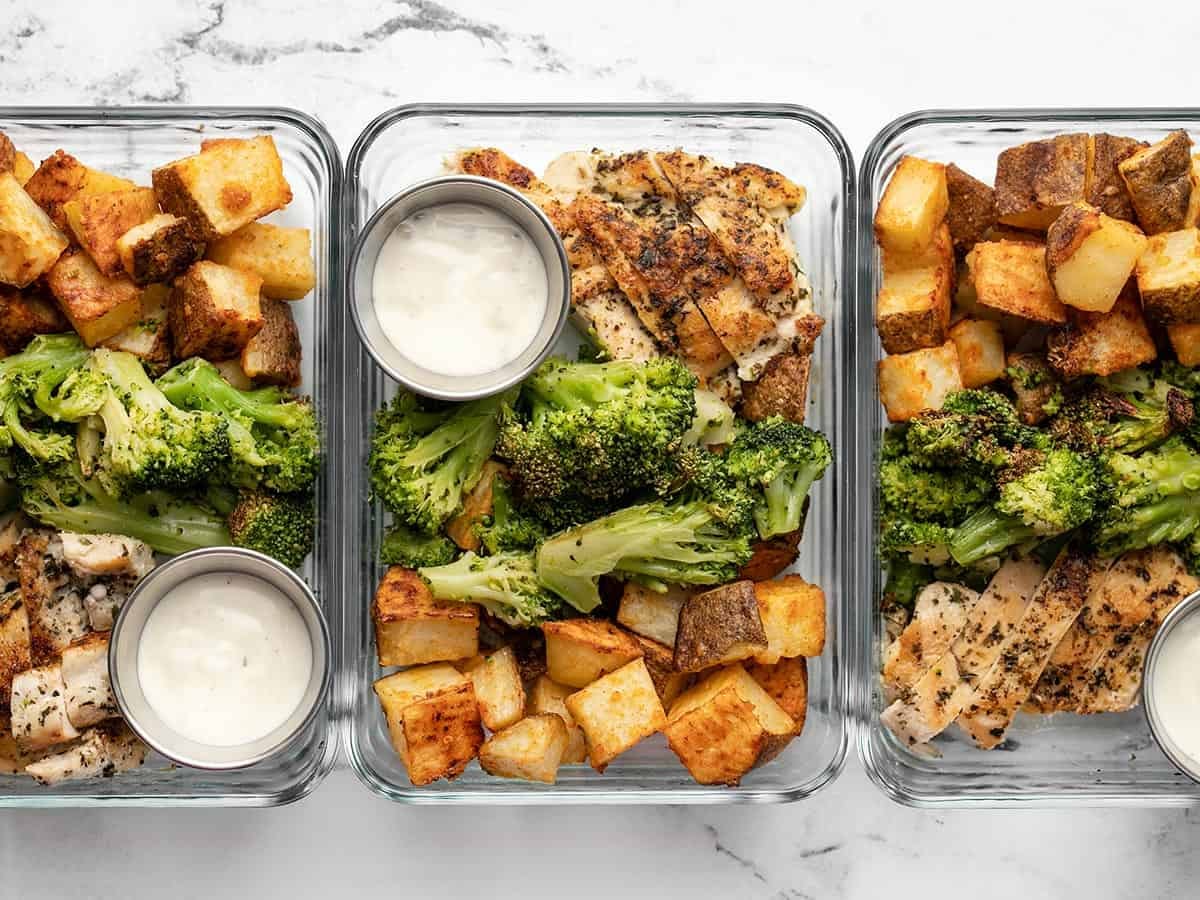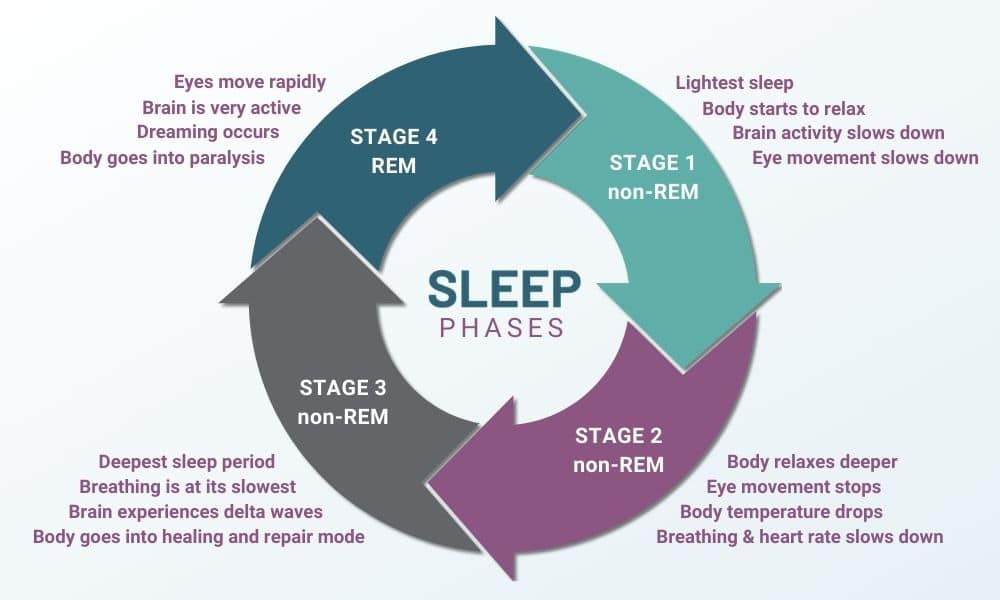The Nutrition Pyramid (#45)
Nutrition can be a religious topic for some people. It’s very tribal with various camps: Keto, carnivore, vegan, fasting, low-fat, etc. but beyond the scientific evidence, or lack of, for any of these camps is the human component of nutrition.
At the end of the day, we work with humans not robots. The integrit nutrition pyramid therefore is designed to prioritize good habits that affect human biology on a macro level. A pyramid is only as tall as its base, you won’t be successful with long term health or weight loss if you consistently neglect the basics.
Big 3 Habits: the base of the pyramid:
Meal Prep
Sleep Schedule
Meal and Snack Frequency
Meal Prep
These three things will largely determine your success in any diet or health venture. You need to prepare meals for yourself. Set two or three days in the week you for sure will prepare meals. Literally, take your phone out right now and put them into your calendar. Don’t just do it when you feel like it. One mistake leads to a cascade of mistakes and even guilt in a lot of circumstances. Getting slightly off track will inevitably at some point veer you completely off track, you need to accept this as a reality.
Prepare your damn meals, everybody that’s successful does it and makes it a ritual. The more prepared you are with your meals the less likely you are to eat out, eat the junk in your pantry, and more likely you are to actually eat freshly produced food. It also instills a sense of pride; you’re taking care of yourself. The psychological aspect of this is important. Self-care needs to be action oriented, not just a mental process and self-affirmation or self-love you repeat to yourself. Meal prep is a logistical battle, that’s the easy part of nutrition.
Sleep Schedule
Get good sleep. This is already beating a dead horse. You know you need better sleep, everybody does, and yet, you still don’t even try. Set a schedule of when you go to bed, set a time to wake up, and stick to it. This will help keep your circadian rhythms regular and over time you will be tired around the same times and feel refreshed in the morning at the same time. Sleep is where all recovery processes occur, it’s where learning is coded, it’s where you are immune to the constant low-grade stressors of the outside world. You’re quite literally shut off and you need it.
If you’re not convinced about the effects of sleep deprivation, look at anybody that’s sleep deprived or yourself. Sleep deprivation decreases insulin sensitivity, upregulates cortisol, decreases time to fatigue during exercise, affects your attention span, and decreases your ability to produce intensity.
A couple sleep tips you can implement easily: black out your room with curtains, set a cool temperature on your thermostat, read before bed or choose some kind of ritual. Notice, I didn’t mention avoiding screens, but you could also do that. Avoiding screens is one of those suggestions that people defend even though they know it’s helpful for them. Giving up something that’s hurting you isn’t a sacrifice.
Meal & Snack Frequency
Find a meal schedule that works for you. Everybody is different and this is highly dependent on feeding windows and activity. Try different combinations but It’s safe to start with 3 meals and 2 snacks per day and make modifications from there. Only change your frequency every 5 to 7 days. This is something that you need to try for at least several day before determining whether the change is good for you or not.
You can also set the frequencies depending on your nutrition periodization cycle. For example, when maintaining weight, you might eat 3 meals and 2 snacks per day, but when you’re cutting weight, you might eat 2 meals and 2 snacks per day, and if you’re gaining weight, you might eat 4 meals and 3 snacks per day. You could also periodize this based on training days. Let’s use the example that you train Monday, Wednesday, and Friday.
Monday - 3 meals and 3 snacks
Tuesday - 3 meals and 2 snacks
Wednesday - 3 meals and 2 snacks
Thursday - 3 meals and 2 snacks
Friday - 3 meals and 3 snacks
Saturday (low activity day) - 2 meals and 2 snacks
Sunday (low activity day) - 2 meals and 2 snacks
This is something you need to experiment with for weeks, months, or years to nail down. It is much easier to live the rest of your life by setting an eating schedule with this manner than it is to have to track everything you eat for the rest of your life.
It would be wise to write this down for yourself, that way you don’t go day to day trying to guess your meal and snack frequency. I recommend starting with a standard daily frequency, and not changing it depending on activity. After a week or two when you find a comfortable frequency, you can play with periodizing it across a week. It’s important to be flexible, and you could get into the minutia of the quantity and quality of the meals as you work up the pyramid.
Until you build these 3 habits you don’t have the right to experiment with fancy dieting protocols or supplements. You need to do the basics very well. A multivitamin won’t reverse the effects of sleep deprivation, binge drinking, and random daily meal sleep you’re subjecting yourself to.
Get the logistics down. You don’t need any scientific knowledge of nutrition to build a big base for your nutrition program.






